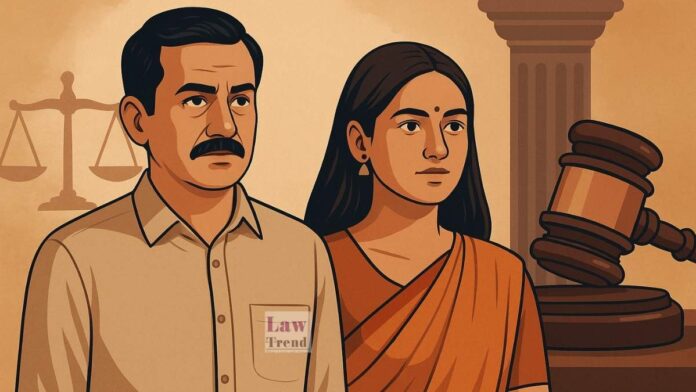The Andhra Pradesh High Court, in a significant ruling, has held that a mere demand by a husband for financial assistance from his wife to repay debts does not, in itself, constitute harassment or cruelty under Section 498-A of the Indian Penal Code (IPC). Upholding a trial court’s decision, the Court dismissed a criminal revision
To Read More Please Subscribe to VIP Membership for Unlimited Access to All the Articles, Download Available Copies of Judgments/Order, Acess to Central/State Bare Acts, Advertisement Free Content, Access to More than 4000 Legal Drafts( Readymade Editable Formats of Suits, Petitions, Writs, Legal Notices, Divorce Petitions, 138 Notices, Bail Applications etc.) in Hindi and English.




